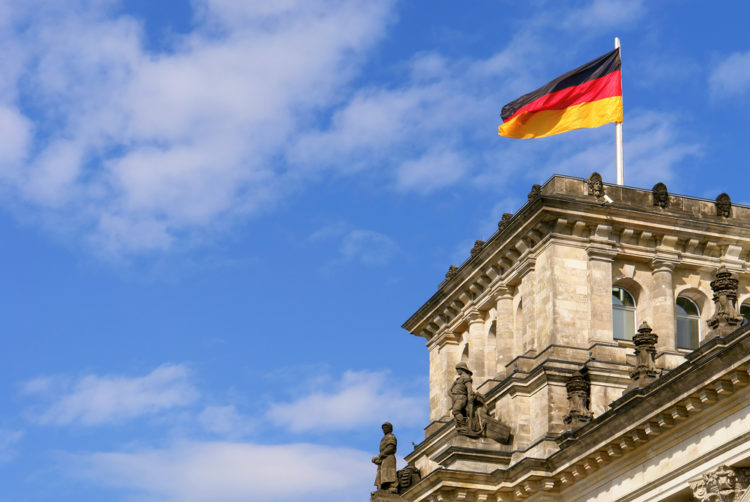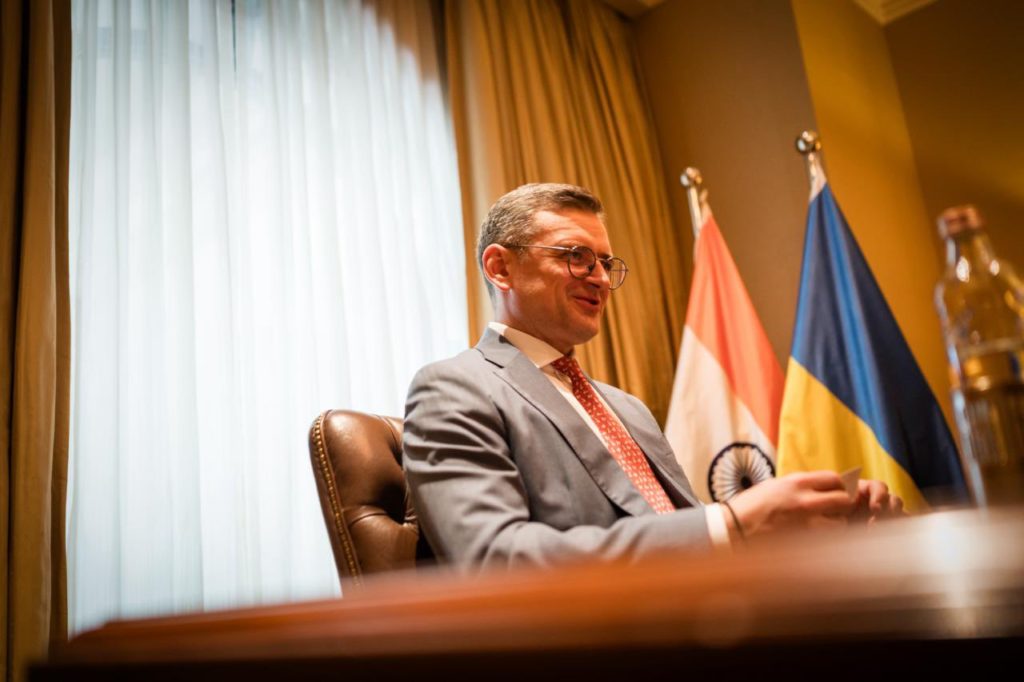Expert warns populist surge in Germany boosts anti-Ukraine sentiment
Russian disinformation and opposition to military support for Ukraine are finding traction in Germany, fueled by insufficient explanations from the German authorities why suport for the country is important, warns a foreign policy expert.


Russian narratives and opponents of military support for Ukraine are gaining supporters in Germany due to long-standing domestic issues and insufficient explanations from the coalition government on why it is crucial to support Ukraine, said Anastasia Pochumban, a researcher at the German Council on Foreign Relations (DGAP), in a comment to Ukrinform.
On 1 September, local elections took place in two eastern German states, Saxony and Thuringia, showing a rise in populist influence. Next year, federal elections for the Bundestag will be held.
According to Pochumban, the shift to right-wing parties among some voters in Germany started in 2015 with the influx of Syrian refugees. The situation has become more dire with the Ukrainians fleeing the war. The German authorities have not sufficiently explained the importance of Ukraine’s resistance and the economic impact of Russia’s aggression.
“Such a situation creates space for Russian narratives such as ‘we’re paying for the war now,’ ‘Ukraine won’t win the war,’ ‘we don’t need all these migrants from Ukraine.’ I think there hasn’t been enough explanation about why Ukraine is important, why it’s crucial to provide support, and what the consequences would be if support is not given,” Pochumban emphasized.
The expert pointed out that two German parties are advocating for ending military support for Ukraine—Alternative for Germany (AfD) and the Alliance of Sahra Wagenknecht (BWS). She called for more attention to the Wagenknecht Alliance, as it appeals to many voters and is gaining support, particularly among young people.
“It’s hard for me to say what Ukraine can do, as this is an internal German issue. Ukraine is an external factor highlighting already existing problems. A great deal of advocacy and explanations have already been made, but work needs to be done within Germany itself,” Pochumban added.
On 17 September at the Moldova Partnership Platform conference in Chișinău, German Foreign Minister Annalena Baerbock said Moldova could be Russia’s next target if Ukraine loses the ongoing Russo-Ukrainian war.
German FM says Moldova Russia’s next target if Ukraine falls
Related:
- Bild: Swedish defense minister warns of growing Russian threat, calls for strengthening NATO
- Ukraine offered six European countries assistance in overcoming consequences of floods
- EU allocates €35 million to Ukraine and €5 million to Ukrainians in Moldova for winter support
- FT: Moldova to sign security pact with EU next week
- Power outages in Moldova after massive Russian attack on Ukraine
- Ukraine and Moldova coordinate EU accession strategies in Kyiv


